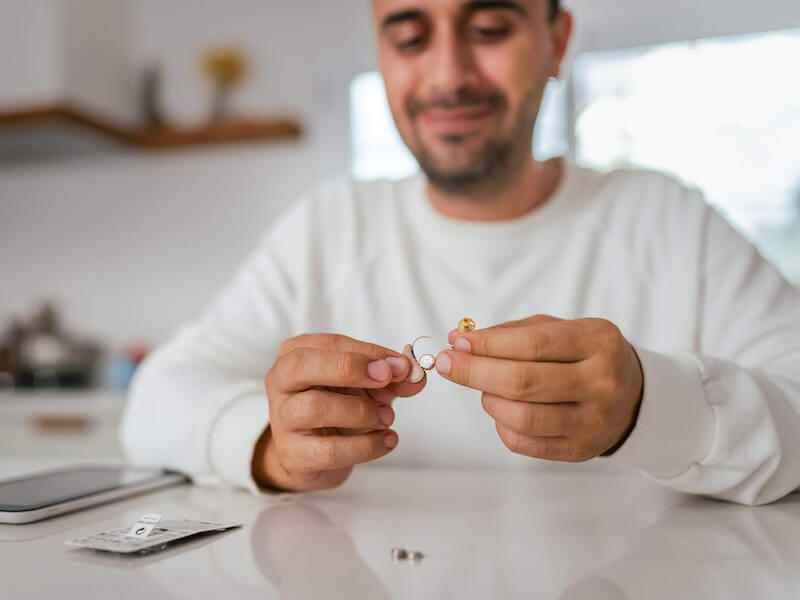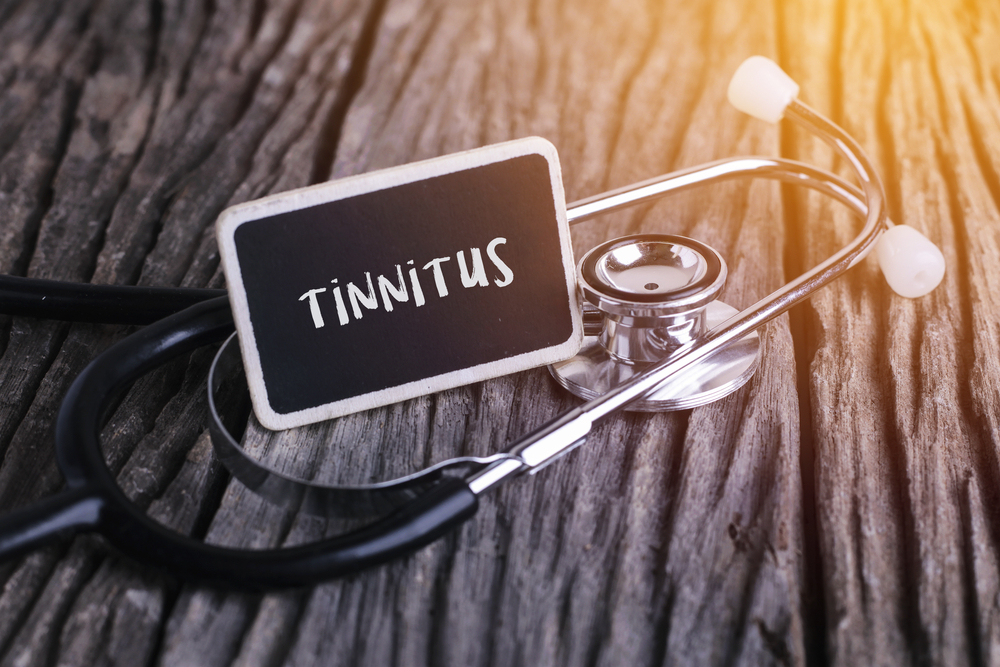There it is again, that distracting ringing, but what’s causing it? You can stop looking around because the ringing in the ears is a phantom noise called tinnitus, but that doesn’t make it any less annoying. The Mayo Clinic states that about one in every five people experience tinnitus, so know you are not alone in your suffering. It’s time to focus not on the ringing or blowing wind you think you hear but on ways to eliminate it.
Tinnitus is a symptom of something else going on in your body. For most people, it is a sign of age-related hearing loss or some other form of ear damage. Your best option is to look for ways to manage the condition or maybe eliminate it completely, but how?
What causes tinnitus?
The most likely cause of your tinnitus is inner ear damage, especially the kind that tends to come as a person ages. The inner ear contains very delicate hair cells that vibrate in response to sound. That vibration creates an electrical signal that your brain can interrupt into a specific sound.
Let’s say you sit down to watch your favorite television show and the main character is talking. The sound you hear is actually a vibration that comes in a wave. The wave enters your ear canal and causes the eardrum to vibrate. That vibration makes three tiny bones in the middle ear shake to keep the sound wave moving forward towards the inner ear.
Once the vibration hits the inner ear, the tiny hair cells pick up the beat, sending their electric message to the brain. The brain “listens” to the message and relays it in a way that means you hear someone talking on the television. Aging and other ear problems can damage the hair cells and bend them. That causes them to leak irregular electronic signals that the brain interprets as:
- Ringing
- Buzzing
- Roaring
- Clicking
- Hissing
That is the phantom noise you hear, so what can you do about it?
Schedule an appointment
Since tinnitus is a symptom and not a condition, the first step is to get an idea of what is causing it. A hearing specialist will examine your ears and look for damage that might explain the ringing. The doctor might choose to do tests, as well, to measure the extent of your hearing loss. That means scheduling an appointment for a professional hearing test.
The doctor will also look for other medical conditions that might be the source of the ringing, especially if your inner ear is in tact. Possible causes include:
- Medications
- Earwax blockage
- Ear bone damage
- TMJ disorders
- Head injury
- Acoustic neuroma
- Circulation problems like high blood pressure
The goal is to treat the underlying condition and eliminate the phantom noise completely. If that isn’t possible, there may be other treatment options like masking the sound.
Masking the ringing
The next step is to give your ears something else to hear. If you have hearing loss, your best bet is hearing aids. A hearing aid enhances that real sound and makes it so you can hear what’s going on around you without the ringing getting in the way.
A white noise machine is an option for times you can’t wear your hearing aids like at night when the ringing threatens to keep you awake. These devices play simulated environmental noise that is soothing like falling rain or the ocean waves coming to shore. You can set up your own version of white noise, as well. Just put a fan in your room or set up a dehumidifier. They make just enough noise to mask the tinnitus but not enough to keep you up at night.
Tinnitus retraining
When tinnitus is unavoidable, then it’s worth considering a retraining device. This is something you wear that delivers tonal music designed to mask the various frequencies of your tinnitus. The goal is not to eliminate the phantom noise but to help you get used to it. Once you become accustomed to these phantom sounds, you are better able to filter them out on your own.
Drug therapy
In some cases, your physician might recommend medical intervention to lessen the effect of your tinnitus. In other words, keep it from making you crazy. Medication like Xanax may reduce the noise, but there are side effects and the risk of addiction to consider.
Many people with tinnitus have hearing loss that is treatable with a hearing aid. This is often the most realistic approach to turning off the ringing, so you can hear everything else.



